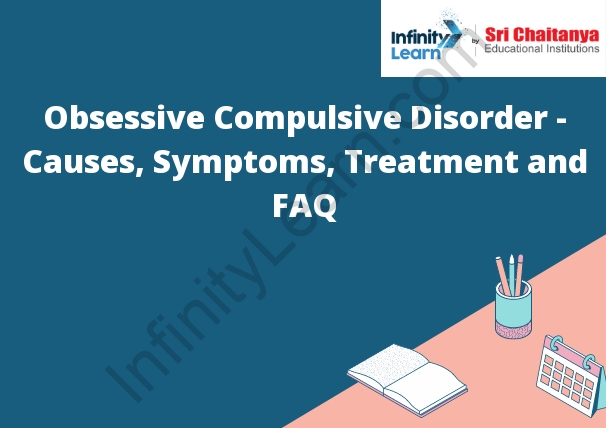Table of Contents
What is Obsessive Compulsive Disorder?
Obsessive compulsive disorder (OCD) is a type of mental illness. People with OCD have obsessive thoughts and compulsive behaviors.
Obsessive thoughts are unwanted, intrusive thoughts that keep popping into someone’s head. They can be about anything, but often are about things that are dangerous or dirty. For example, someone with OCD may constantly worry that they will get sick from touching a dirty object, or that they will cause a car accident if they don’t keep repeating a certain prayer.
Compulsive behaviors are things that people with OCD feel like they have to do in order to get rid of their obsessive thoughts. They often involve repetitive actions, like washing their hands over and over again, or checking to make sure that a door is locked multiple times.
People with OCD often feel like they have no control over their thoughts or behaviors. The thoughts and behaviors can be very distressing and interfere with everyday life.

Obsessive Compulsive Disorder Causes
The cause of OCD is unknown, but it is believed to involve a combination of genetic and environmental factors.
Obsessive Compulsive Disorder Symptoms
Obsessive compulsive disorder (OCD) is a mental health condition that causes people to have recurring, unwanted thoughts (obsessions) and to feel the need to do certain rituals or activities over and over again (compulsions).
People with OCD may feel like they can’t control their thoughts or behaviors, which can cause a great deal of distress.
OCD symptoms can vary from person to person. Common obsessions include fear of germs or contamination, fear of harming oneself or others, need for order and symmetry, and excessive doubt.
Compulsive behaviors vary, as well, but can include excessive cleaning and hand-washing, checking and rechecking things, and arranging and organizing objects in a specific way.
OCD can interfere with daily life, causing problems at work or school, and with relationships.
Curing Obsessive Compulsive Disorder
There is no one cure for OCD, but there are a number of treatments that have been shown to be effective. The most common treatment is a type of cognitive behavioral therapy called exposure and response prevention (ERP). This type of therapy helps people with OCD face their fears and resist the urge to perform their compulsions. Other treatments that may be used include medication, cognitive therapy, and family therapy.







